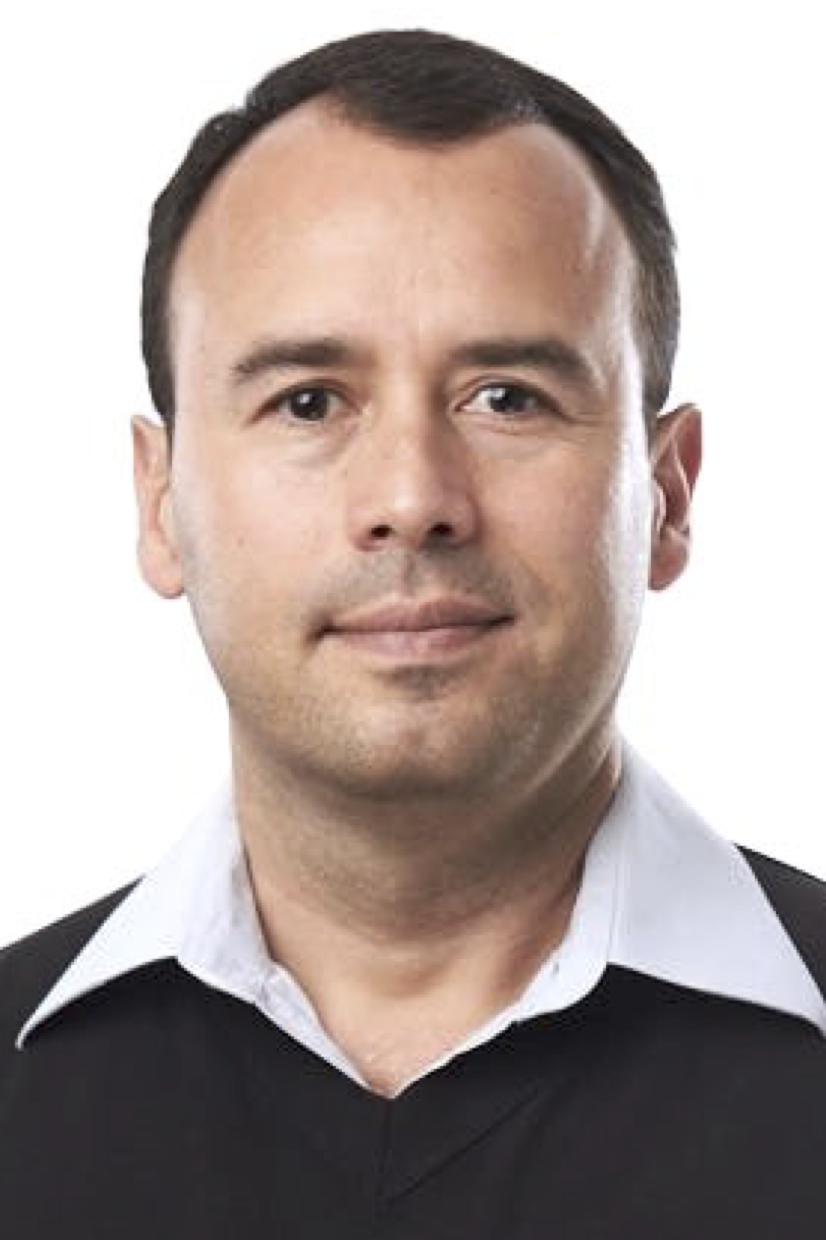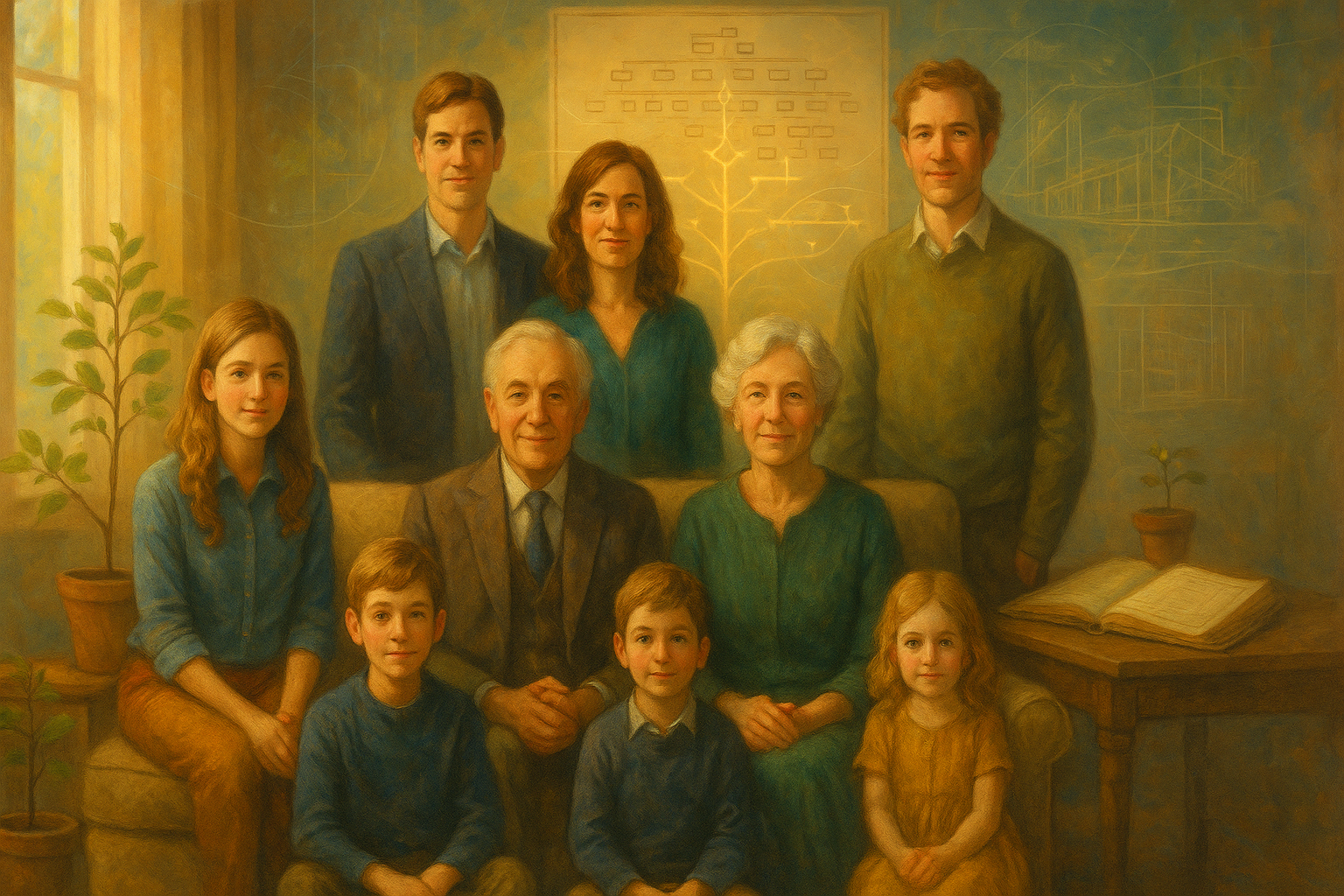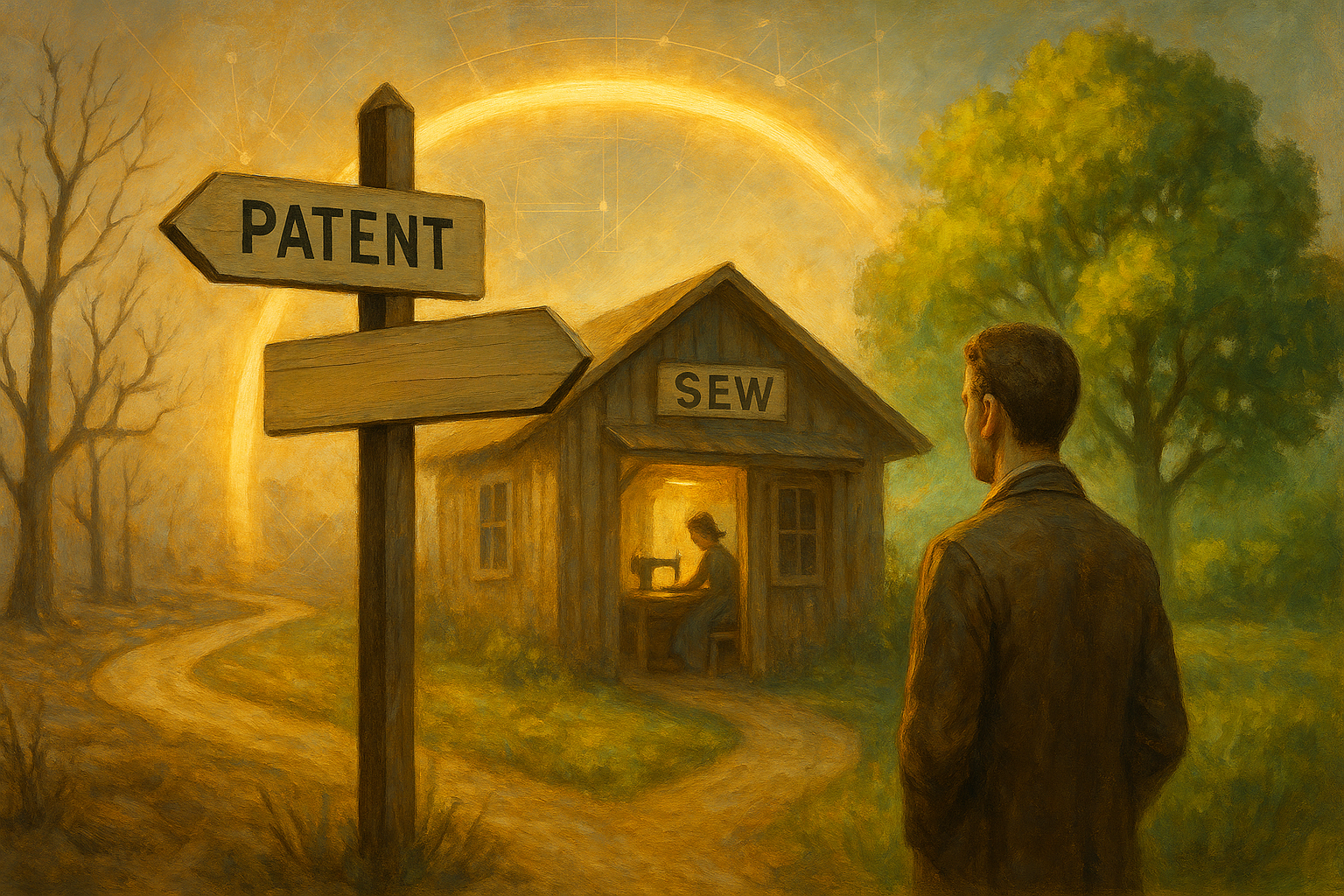Can emotional ties to land and family business shape decisions after displacement?
Enrique Sandino Vargas, Marcela Ramirez-Pasillas, Leona Achtenhagen
Audio > Play / Stop
CeFEO's Authors
CeFEO counts more than 50 scholars and 30 affiliated researchers. Several studies and reports have consistently identified CeFEO as a leading research environment worldwide in the area of ownership and family business studies.
This research project, has been co-authored by the following CeFEO Members.
Reference
Spotlight highlights research-based findings only. If you’re interested in exploring this project further or delving into the theoretical and methodological details, we encourage you to contact the authors or read the full article for a comprehensive understanding.

Sandino Vargas, E., Ramirez-Pasillas, M., & Achtenhagen, L. (2025). The perceived utility of owning an agricultural family business: Disentangling the role of emotional attachment in divestment and reinvestment decisions. Entrepreneurship Research Journal.
https://doi.org/10.1515/erj-2024-0165

What is Spotlight?
Spotlight is an innovative online family business magazine designed to bridge the gap between cutting-edge research and the real-world needs of practitioners, owners, and policymakers. Drawing on the latest findings from the Centre for Family Entrepreneurship and Ownership (CeFEO) at Jönköping International Business School, Spotlight delivers insightful, accessible summaries of key research topics. Our mission is to keep the family business community informed and empowered by offering actionable insights, expert analyses, and forward-thinking strategies that enhance business leadership and ownership practices for long-term success.

This article is brought to you by the WIFU Foundation
Spotlight is generously supported by the WIFU Foundation, which promotes research, education, and dialogue in the field of family business. This partnership enables us to continue bridging academic insights and real-world practice for the advancement of responsible family entrepreneurship and ownership.
Why some families reinvest while others walk away
When families are forced to abandon their businesses and land, they don’t just lose property—they lose part of their history, identity, and sense of belonging. This study of a displaced Colombian agricultural family shows how emotional attachment to land, legacy, and family bonds shapes strategic decisions about whether to reinvest or divest decades after violence uprooted them. Six distinct “utility patterns” emerged, reflecting how trauma, generational perspectives, and gender influence the future of family businesses in uncertain environments. For family enterprises worldwide, these findings highlight that financial logic alone cannot explain why some families rebuild while others let go.
When families are forced to abandon their businesses and land, they don’t just lose property—they lose part of their history, identity, and sense of belonging. This study of a displaced Colombian agricultural family shows how emotional attachment to land, legacy, and family bonds shapes strategic decisions about whether to reinvest or divest decades after violence uprooted them. Six distinct “utility patterns” emerged, reflecting how trauma, generational perspectives, and gender influence the future of family businesses in uncertain environments. For family enterprises worldwide, these findings highlight that financial logic alone cannot explain why some families rebuild while others let go.
Family businesses are unique because they pursue more than profits. They balance financial goals with what scholars call socioemotional wealth (SEW)—the non-financial value that comes from identity, legacy, relationships, and emotional attachment.
For agricultural families, the land often embodies all these dimensions at once: it is home, heritage, and livelihood. But what happens when violence or displacement forces families to abandon the land and business? Can emotional attachment survive even when the business is gone? And if so, how does it influence whether families return to reinvest—or sell and walk away?
These questions matter far beyond Colombia, where this case study is set. Around the world, families face disruptions from war, migration, climate change, and political instability. Understanding how displaced families weigh financial versus emotional utility helps us grasp the deep complexities behind strategic family business decisions .
What We Studied
The researchers—Enrique Sandino Vargas, Marcela Ramirez-Pasillas, and Leona Achtenhagen—conducted an in-depth case study of the Cabrera family, once owners of one of the largest and most prosperous cattle ranches in Caquetá, Colombia.
- The family’s ranch spanned 40,000 hectares, rich in biodiversity and ideal for cattle ranching.
- In 1985, tragedy struck: the founder was assassinated, guerrilla groups seized the land, and the family was forced to flee for safety.
- For decades, the Cabreras were dispersed, many living in poverty despite legally retaining ownership of the land.
- Following Colombia’s 2016 Peace Process, the government reinstated their land rights. Suddenly, the family faced a profound choice: Should they reinvest in rebuilding their agricultural business, or divest by selling the land?
To understand this dilemma, the authors gathered rich data:
- 45 interviews with members across multiple generations (siblings, spouses, children, grandchildren).
- 18 interviews with experts—politicians, community leaders, peace negotiators, and farmworkers.
- Observations, archival materials, and government documents.
This approach revealed how individual memories, emotions, and financial calculations combined into six utility patterns—distinct ways of perceiving value and risk that influenced whether members favored reinvestment or divestment .
Key Insights
1. Emotional Attachment Extends Beyond the Business
The study shows that emotional attachment in family businesses is not limited to the company itself. In agricultural contexts, attachment extends to the land—its beauty, richness, and symbolic meaning—and to the family as a unit.
Even younger generations who never worked on the farm inherited powerful emotional ties through family stories. One grandson explained how memories of his murdered grandfather still shaped his dream of returning: “He was the heart of the family. He gave us everything, and to be on his land again would be like being with him.”
2. Six Utility Patterns Shape Strategic Choices
The research identified six patterns that combine emotional and financial considerations:
- Hybrid Family Utility – Reinvesting collectively through a cooperative or external alliances, balancing legacy with pragmatism.
- Family Control Utility – Rebuilding the original family business under extended family ownership, emphasizing unity and tradition.
- Family Splitting Utility – Dividing the land so nuclear families can run separate ventures, reducing conflict risks.
- Entrepreneurial Family Utility – Partially divesting to fund innovative ventures, often in safer regions.
- Family Safety Utility – Selling the land entirely to avoid risks, often driven by trauma and fear.
- Accommodating Family Utility – Accepting the majority’s decision, prioritizing family harmony over personal preference.
Each pattern reflects a different blend of emotional attachment, financial reasoning, and personal history .
Takeaways for Family Businesses
Recognize Emotional Attachment as Real Utility
Family firms should acknowledge that emotional ties to land, legacy, and family relationships can carry as much weight as financial returns. Mapping these attachments can clarify why members disagree.
Address Trauma Openly
Unresolved trauma shapes preferences. Families who endured violence, loss, or forced migration may carry fears that drive divestment decisions. Open dialogue and even professional support can help families heal before making binding choices.
Embrace Generational Differences
Older generations may emphasize legacy and continuity, while younger ones may push for innovation or flexibility. Both perspectives are valuable. The challenge lies in designing governance structures that balance them.
Consider Hybrid Solutions
As the study shows, cooperative models, partial divestments, or splitting assets can help families reconcile divergent goals. These solutions allow some to maintain attachment while others secure safety or independence.
Impact
This research broadens our understanding of socioemotional wealth by showing that emotional attachment extends beyond the business to include land and family identity—even when no business exists.
It also highlights the heterogeneity within families. Not all members want the same thing, and preferences often depend on gender, generation, and personal experiences with trauma.
Finally, it reminds us that displacement and instability are not only Colombian realities. Worldwide, millions of families face forced migration, political conflict, or environmental change. For them, the Cabreras’ story resonates deeply: rebuilding is not only about finances, but about healing, belonging, and deciding what kind of legacy to leave.
Recommendations
Family business owners, advisors, and policymakers should:
- Map family utilities – Explicitly identify where members stand on emotional and financial dimensions.
- Integrate both dimensions – Develop decision-making frameworks that weigh financial outcomes alongside emotional attachment.
- Facilitate dialogue – Use family councils, external mediators, or governance structures to manage disagreements.
- Plan for contingencies – Consider hybrid ownership, partial sales, or cooperatives to balance diverse needs.
- Acknowledge women’s voices – Recognize that spouses and daughters often bring distinct perspectives shaped by trauma and caregiving priorities.

CeFEO's Authors
CeFEO counts more than 50 scholars and 30 affiliated researchers. Several studies and reports have consistently identified CeFEO as a leading research environment worldwide in the area of ownership and family business studies. This research project, has been co-authored by the following CeFEO Members.
Reference
Spotlight highlights research-based findings only. If you’re interested in exploring this project further or delving into the theoretical and methodological details, we encourage you to contact the authors or read the full article for a comprehensive understanding.

Sandino Vargas, E., Ramirez-Pasillas, M., & Achtenhagen, L. (2025). The perceived utility of owning an agricultural family business: Disentangling the role of emotional attachment in divestment and reinvestment decisions. Entrepreneurship Research Journal.
https://doi.org/10.1515/erj-2024-0165

What is Spotlight?
Spotlight is an innovative, AI-powered, online family business magazine designed to bridge the gap between cutting-edge research and the real-world needs of practitioners, owners, and policymakers. Drawing on the latest findings from the Centre for Family Entrepreneurship and Ownership (CeFEO) at Jönköping International Business School, Spotlight delivers insightful, accessible summaries of key research topics. Our mission is to keep the family business community informed and empowered by offering actionable insights, expert analyses, and forward-thinking strategies that enhance business leadership and ownership practices for long-term success.

This article is brought to you by the WIFU Foundation
Spotlight is generously supported by the WIFU Foundation, which promotes research, education, and dialogue in the field of family business. This partnership enables us to continue bridging academic insights and real-world practice for the advancement of responsible family entrepreneurship and ownership.


.png)









